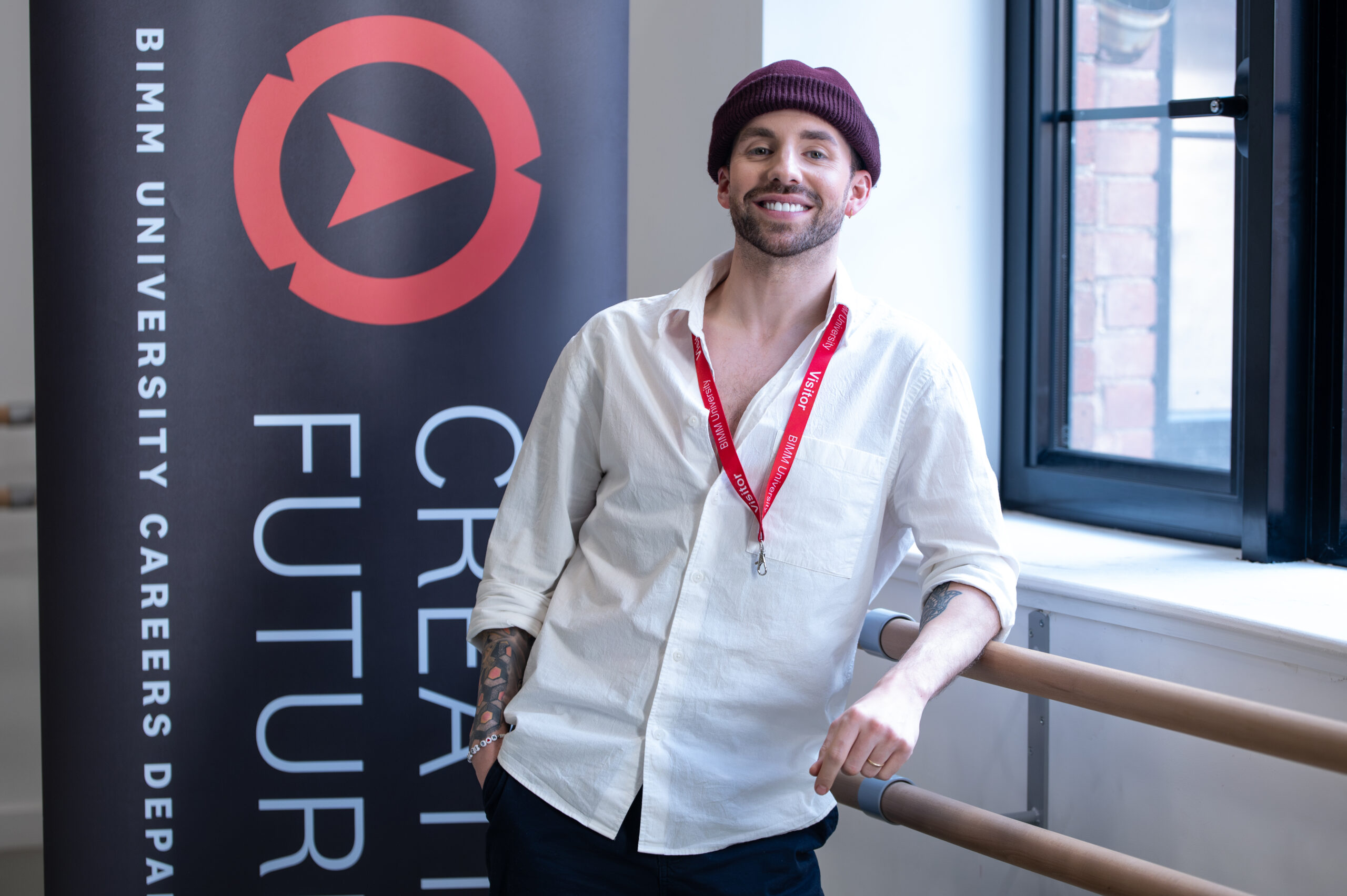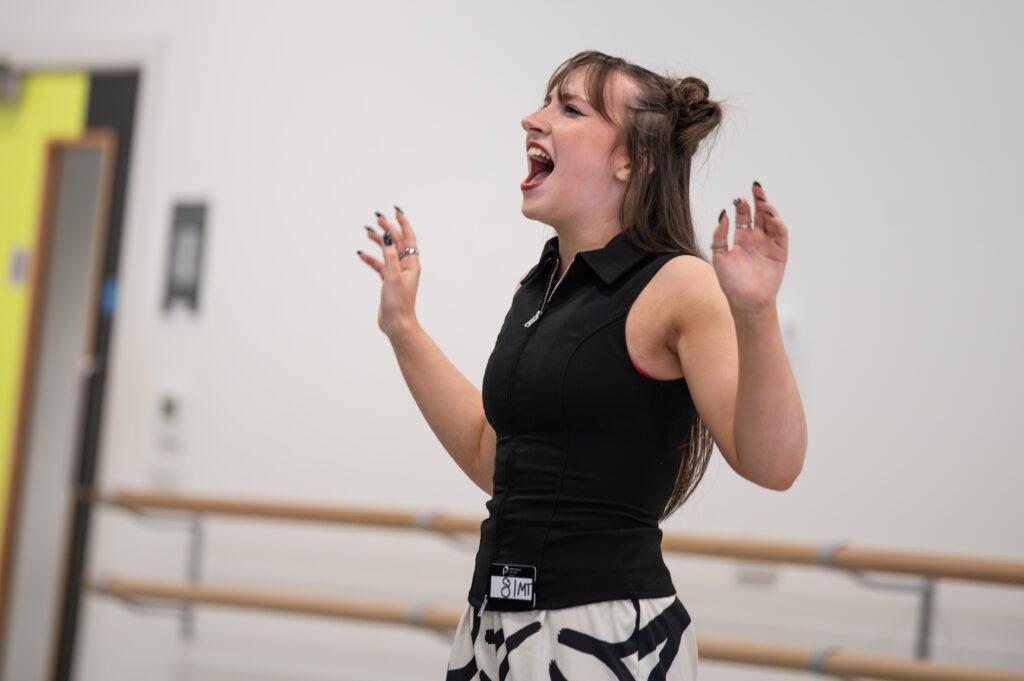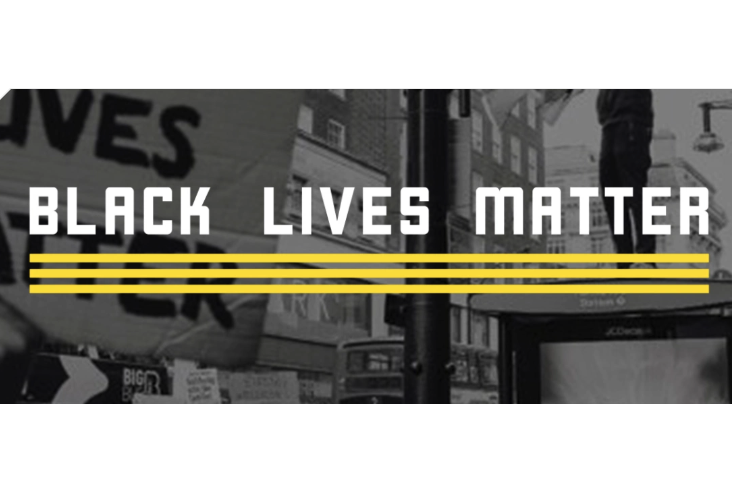As an aspiring performer, you might have heard about getting an agent – but what is an agent, and what do they do? Welcome to part one of our deep dive into the world of theatrical agents. We spoke to Nathaniel Scott-Duxbury from Network Artist Management after our recent Agent Panel Day to get the lowdown on how he does things.
What is an agent and how does that differ from a manager?
Nathaniel: From my experience, I feel an agent is someone to help guide and nurture talent within the performing arts industry. Whether they are dancer, singer, actor, or musician, it’s someone who can creatively support a performer in their career. A lot of clients think agents are just there to get them in the room for auditions, but that’s only part of the job. We’re there to help negotiate that contract and secure that work after the audition too. We’re there for our clients, and we’re people who believe that their talent will sustain a career within the performing arts.
An agent and Manager have very different roles when working together with a client. It is the agent’s responsibility to seek work, secure employment, negotiate contracts and liaise with the Manager. A Manager tends to work closely with the client guiding them through their career, strategising and ensuring valuable decisions are made. Each however work in their own way and so this may differ dependant on circumstances/the person. Whether they are dancer, singer, actor, or musician, the agent and Manager are roles that will creatively support a performer in their career and help elevate. A lot of clients assume agents are there just to secure auditions, but that’s just a small part of the job – there is so much more to it!
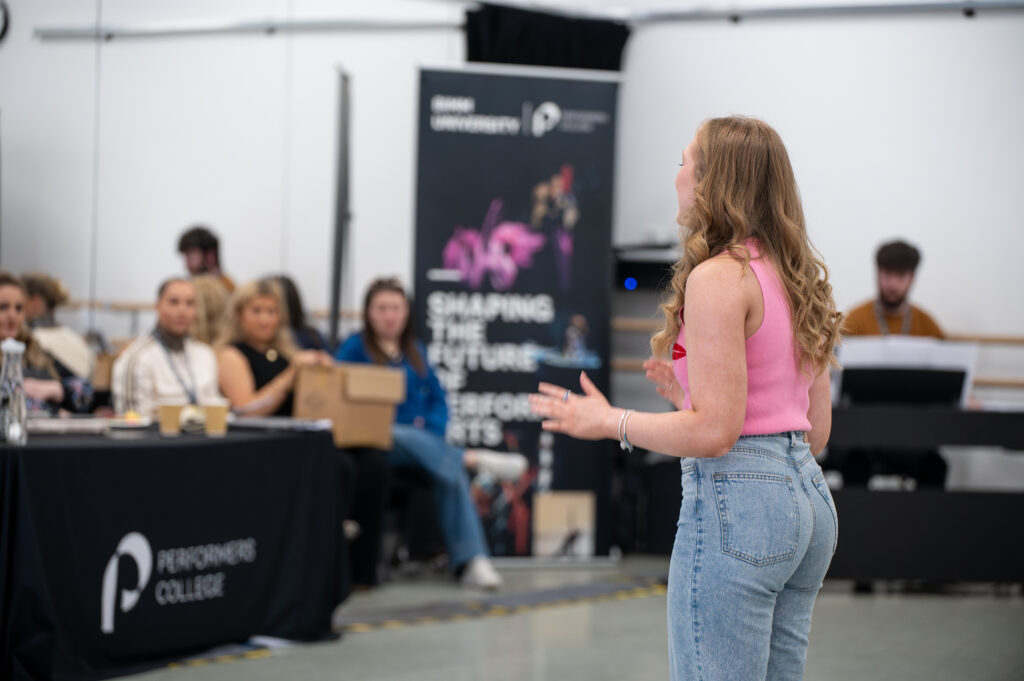
What does the behind-the-scenes work of an agent look like?
I feel like a lot of the work we do behind the scenes clients don’t see. We’re constantly pushing, nudging for connections and networks. But we’re also saying to our clients things like “let’s work on your self-tape” or “you’ve got feedback for this audition that wasn’t up to standard.” It’s a more hands-on approach.
We want to make sure that all information and every detail that gets passed through us to them gets sent over, and we make sure we send back what’s been requested. We’re making sure they’re being seen in the right light, that they’re audition ready, and their skill sets are maintained as well.
We know the industry and we know what casting teams are looking for. We get to know the teams well. We’re constantly modernising ourselves because we’re keeping up with the times of the industry.
That’s why we’re called Network Artist Management, because I feel like we’re the network with the connection between colleges and students and then graduates to cast directors. We’re the middle person, networking everyone together to pass them down the line to go from student to professional to first professional credit.
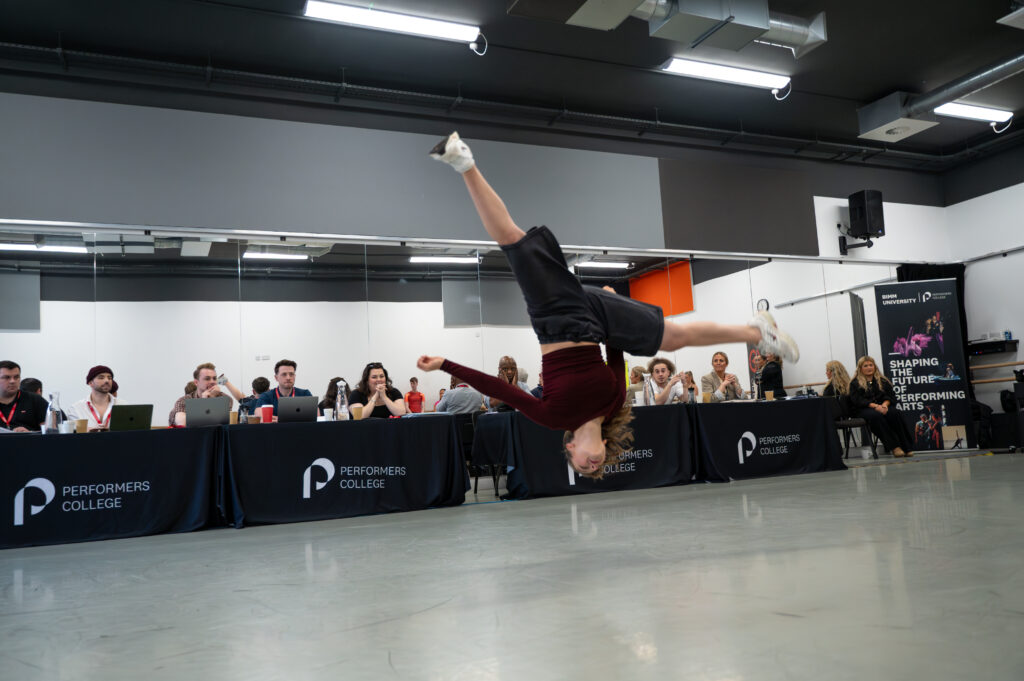
What are common misconceptions about what an agent does?
I feel like clients and talent perceive talent agents as what they see in shows like “Friends”—someone behind a desk who calls up, they know someone, they’ll call in and get people auditions. Whilst we do get people auditions, we also do the admin. It seems glamorous, you do see us on the red carpet. You see us having champagne. Yeah, we have that every now and then, but that’s one tiny aspect of the whole job.
We email casting directors and teams, push and nudge. We look at breakdowns, we look for castings that are available. Once the client is on the casting, we’ll advise, we prep, we make sure that they’re wearing the right attire, singing the right songs. We’ll do self-tape practice, audition practice, headshot suggestions, photographers. We work with them on reels.
Once they get a contract, we’ll do negotiations, push to elevate offers, ask for things that they need. We ensure that contracts go smoothly and sort out any problems that arise. And we’re doing this while looking after other clients and taking casting directors for drinks, catching up, taking them to see clients in shows.
So does that mean the agent will “get me the job?”
Another misconception is a lot of clients think the agent gets them the job. That isn’t the case. I’ve been on both sides, having been a performer for 13 years prior to being an agent for five. The client goes in the room and sings the high note and kicks the legs. The client is the one who books the job.
The agent can only do so much. The agent can get you in the room, help nurture and prepare you for the audition. But when it comes to the fifth recall, those four prior recalls—the client got them from their performances in the audition. So when the job is booked, it’s down to the talent, not down to the agent. The bit afterwards is where the agent comes in, with the negotiation.
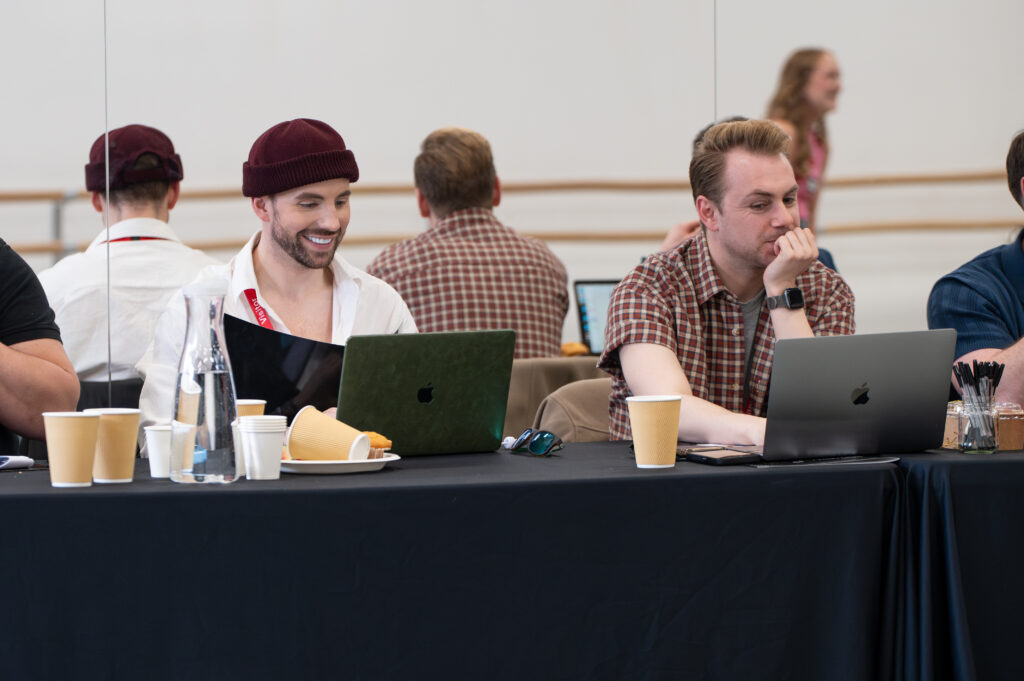
Does having connections guarantee auditions for your clients?
I feel like some clients and talent think because we’re friends with casting directors, that automatically gives them the right to get into a room. That’s not the case. I am friends with casting teams and I go out with them regularly on occasions, whether it’s professional or personal – but just because they’re my friend and I have their number on my personal phone does not mean a client will get in the room if their skill set does not match what the casting team is looking for.
It’s not just about being good enough – its about whether you’re what they’re looking for. For example, a client could be a fantastic soprano who could sing “Defying Gravity” from Wicked and be in the West End elite. But if we’re looking for a pop-rock singer, even if they match the visual brief, they’re not what they’re looking for.
Find out more about our Agent Panel Days, and how our Creative Futures teams can help you here
To discover more about Performers College, including auditions and how to apply, contact us at [email protected] or you can Apply Now, or book an Open Day on our Events page.
